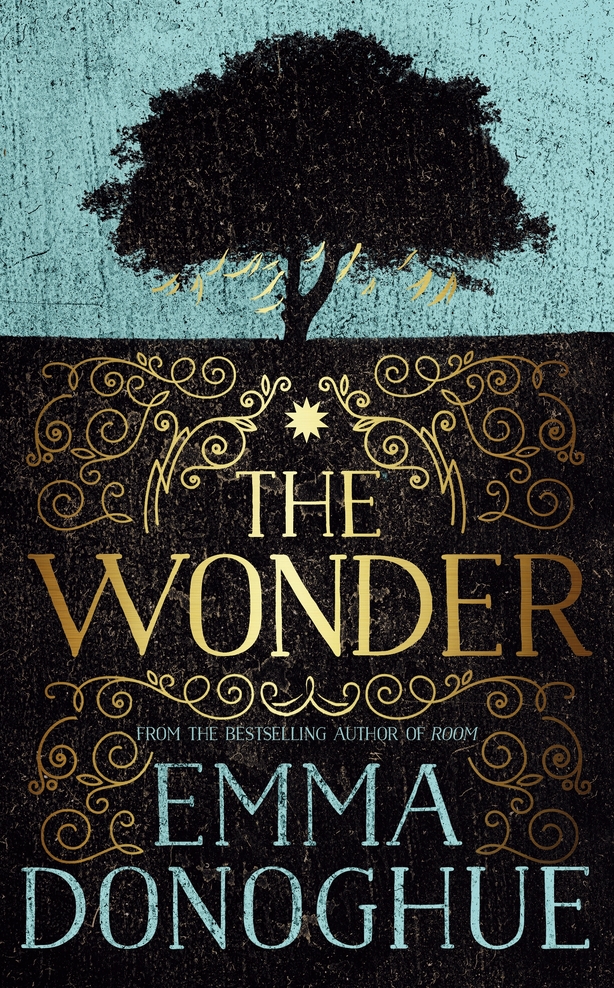

Lib is an outsider in every sense – a rationalist protestant English woman in a patriarchal, catholic, nationalist, and superstitious Ireland.

It’s a classic, almost gothic, mystery setup raised to tragic proportions by the protagonist’s lack of social agency. English nurse Lib Wright has been called to the post-famine Irish midlands to investigate the case of an 11-year-old girl who has stopped eating, but remains miraculously alive and well.

For a the most part, The Wonder assumes the guise of a skewed alternative to the detective story. The book never makes the mistake, however, of being too obviously about a message rather than a story. Under the premise of a gripping yarn, Donoghue dares her readers to confront a damning indictment of themselves through a heightened vision of their past. Sure, it may be the obsessively catholic and dismally poor rural Ireland of the 1850s, but it’s hard not to see a certain analogue of today’s country in the image Donoghue paints – less a literal reflection of said attitudes and more a residual taint of their presence. The first thing likely to strike any Irish reader of Emma Donoghue’s new novel The Wonder is the contempt its narrator holds for the Irish.


 0 kommentar(er)
0 kommentar(er)
